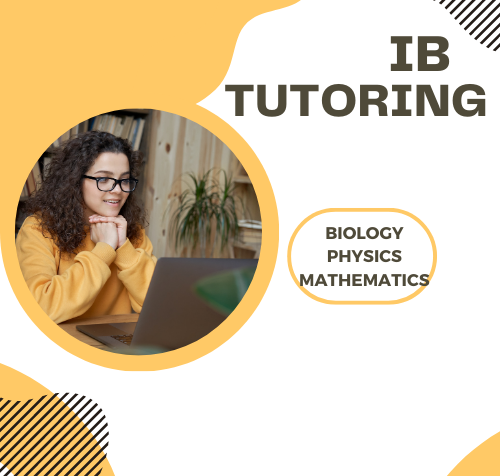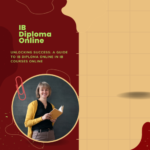Introduction
Preparing for International Baccalaureate (IB) exams requires dedication, focus, and a solid study plan. Many IB students face the dilemma of whether to opt for IB tutoring or pursue self-study when preparing for their exams. Both approaches have their merits, and in this article, we will explore the advantages and disadvantages of each to help you make an informed decision for effective IB exam preparation.
IB Tutoring: Advantages and Disadvantages
Advantages of IB Tutoring
- Personalized Guidance: One of the primary benefits of IB tutoring is the personalized attention students receive from experienced tutors. Tutors can identify the student’s strengths and weaknesses, tailor lessons accordingly, and address specific challenges.
- Expert Knowledge: IB tutors are well-versed in the IB curriculum and exam requirements. They possess in-depth subject knowledge and can guide students through complex concepts, providing insights that may not be readily available in textbooks.
- Structured Learning: Tutors can create a structured study plan and set clear goals for the student. They can track progress, provide feedback, and adjust the learning approach as needed to ensure efficient exam preparation.
- Exam Strategies: IB tutors can impart valuable exam-taking strategies, such as time management tips, answering techniques, and approaches to tackle different types of questions, giving students a competitive edge.
- Boosting Confidence: With the guidance and encouragement of a tutor, students often experience an increase in confidence, leading to improved performance during exams.
Disadvantages of IB Tutoring
- Cost: IB tutoring can be more expensive compared to self-study options. The cost may vary based on the tutor’s experience, qualifications, and location.
- Scheduling Challenges: Coordinating tutoring sessions with a busy IB student’s schedule can sometimes be challenging, especially if the student is involved in extracurricular activities or has other commitments.
- Dependence on Tutor: Some students may become overly reliant on their tutors, which could hinder their ability to independently solve problems and think critically.
Self-Study: Advantages and Disadvantages
Advantages of Self-Study
- Flexibility: Self-study offers flexibility, allowing students to create their study schedule based on their availability and learning pace.
- Cost-Effective: Compared to IB tutoring, self-study is more budget-friendly since it doesn’t involve additional expenses for hiring a tutor.
- Independence: Self-study encourages students to take ownership of their learning. It promotes independent thinking and problem-solving skills.
- Adaptability: Students can adapt their study methods to suit their learning preferences, focusing on areas they find challenging.
Disadvantages of Self-Study
- Lack of Expert Guidance: Self-study may lack the expertise and insights that an IB tutor can provide. Students might find certain concepts difficult to grasp without personalized guidance.
- Motivation and Discipline: Self-study requires strong motivation and discipline, as students need to stay committed to their study plan without external accountability.
- Time Management: Without a tutor’s structured study plan, students might struggle with time management, potentially leading to inadequate exam preparation.
Combining Both Approaches
Rather than viewing IB tutoring and self-study as mutually exclusive options, many students find success by combining both approaches. Utilizing a tutor for specific challenging subjects or topics can enhance understanding and provide a strong foundation. At the same time, self-study can be employed for revision, practice, and building independent study habits.
Conclusion
The effectiveness of IB exam preparation through IB tutoring or self-study depends on individual learning preferences, resources, and goals. IB tutoring offers personalized guidance, expert knowledge, and exam strategies, boosting confidence and maximizing preparation. On the other hand, self-study provides flexibility, independence, and cost-effectiveness.
In the end, the best approach might be a balanced one that incorporates both IB tutoring and self-study to cater to individual needs and maximize exam success. Consider your learning style, subject strengths, and areas of improvement when making your decision.




